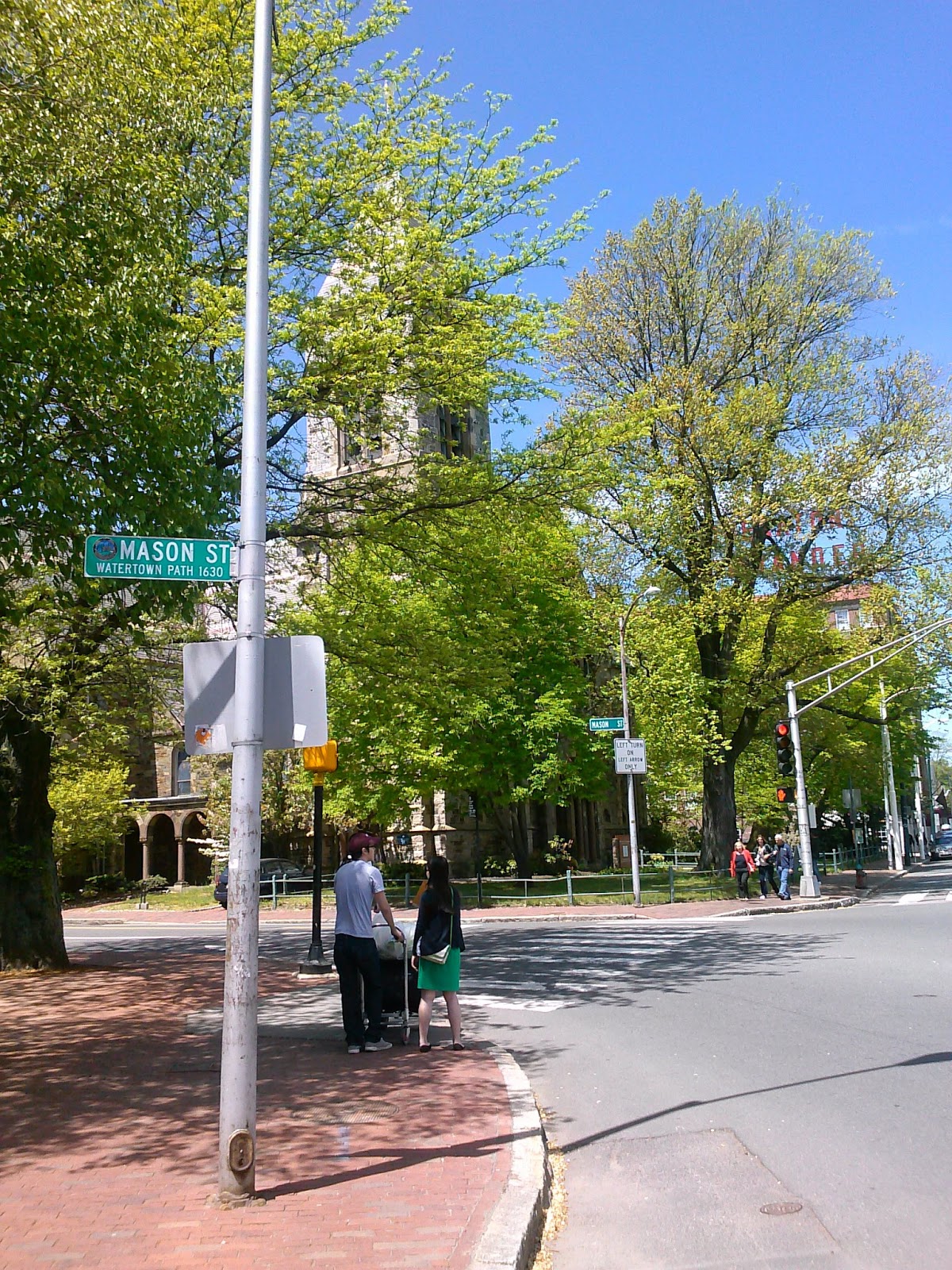Maya has been having a hard time at school because she's not one of the 'popular' girls in her class. She has good friends - both boys and girls - but it's tough being eleven and not being part of the 'in' crowd.
I mentioned this to a neighbor and explained how my friends had all offered Maya lots of support following an incident of cyber-bullying.
'You didn't tell them, did you?' asked the neighbor with apparent horror.
'Didn't tell them what?'
'That your daughter was being bullied.'
'Well, it's not bullying as such, it's just not very nice.'
'But you mustn't tell anyone,' the woman counselled earnestly, 'They'll think that Maya isn't popular.'
There are many things that I wouldn't want to tell people about my children: the particular color and shade of their stools, for example, or the fact that they insist upon wearing underwear with holes in. And there are many things that I would choose not to know about friends' and neighbors' children: the clothing that they imagine that they would like their, as yet unconceived, children to wear, for example, or the lengthy word-by-word explanation of everything that was said at the last parent's evening. But why would anyone choose to misrepresent their child's experiences so that people would think she was popular? What's so great about appearing popular?
I can imagine a conversation between Mrs. Hitler and her neighbor as they leant on their garden fences in 1937:
'How's little Adolf doing these days, Klara?'
'Oh, you know, we've had a few issues with tendency towards genocide and unjustifiable violence, but he's very popular you know.'
'Oooooh, isn't that lovely. You must be so proud of him.'
Popularity is seductive. Many people lack the courage of their convictions and trust instead the opinions of the majority - that's why democracy is such a flawed political system (as Churchill once said, 'Democracy is by far the worst form of government except for all the others that have been tried'.) It seems far better within our society to like the band that everyone else professes to like rather than risking having an unusual taste in music; far better to wear the season's latest fashions and fit in with the majority rather than risk being laughed at for wearing clothes that other people might not like; far better to make friends with the girl who has the most friends rather than trusting yourself to like someone who might not be to everyone else's tastes.
Look, for example, at the run up to the last US election. Mitt Romney wasn't seen as a credible candidate until he gained a critical mass of supporters. The critical mass wasn't defined in terms of enough people to elect him, but enough people to make him appear a popular candidate. He didn't need to change his policies, he just needed to
appear more popular: people vote for people who other people vote for. It's popularity, stupid.
And there's the problem with popularity - it is essentially no different from the Emperor's New Clothes: you can be duped into believing in its worth, or you can make your own independent judgments. I don't consider that UKIP's policies are more credible, for example, because they have become more popular as a political party. I don't consider that the bands which head up the American or English Top 20s are better musicians than a thousand less popular bands in either country. And I don't assume that the most popular children in Maya's class are somehow brighter, more intelligent, or generally better than the other children in her class.
I am fortunate to have great friends who I love - people whose views I value, whose opinions I trust, whose company I adore. Friends are important, and I couldn't imagine my life without mine. But I love my friends because of who they are, not because of what other people think of them. And I know that my daughter is as unique and special as every other child in her class, regardless of the views that a very small group of eleven and twelve year old girls might have of her. Their views do not alter my opinion of the talented, beautiful, thoughtful young woman she is growing up to be.
Glen Forde - one of my good friends for about two decades now - accused me once of being an iconoclast. I'm happy to make my own decisions rather than following the herd. In terms of my opinions of my daughter, I also happen to be right. Luckily, all my friends agree.
















